Indigenous Food Systems Resilience
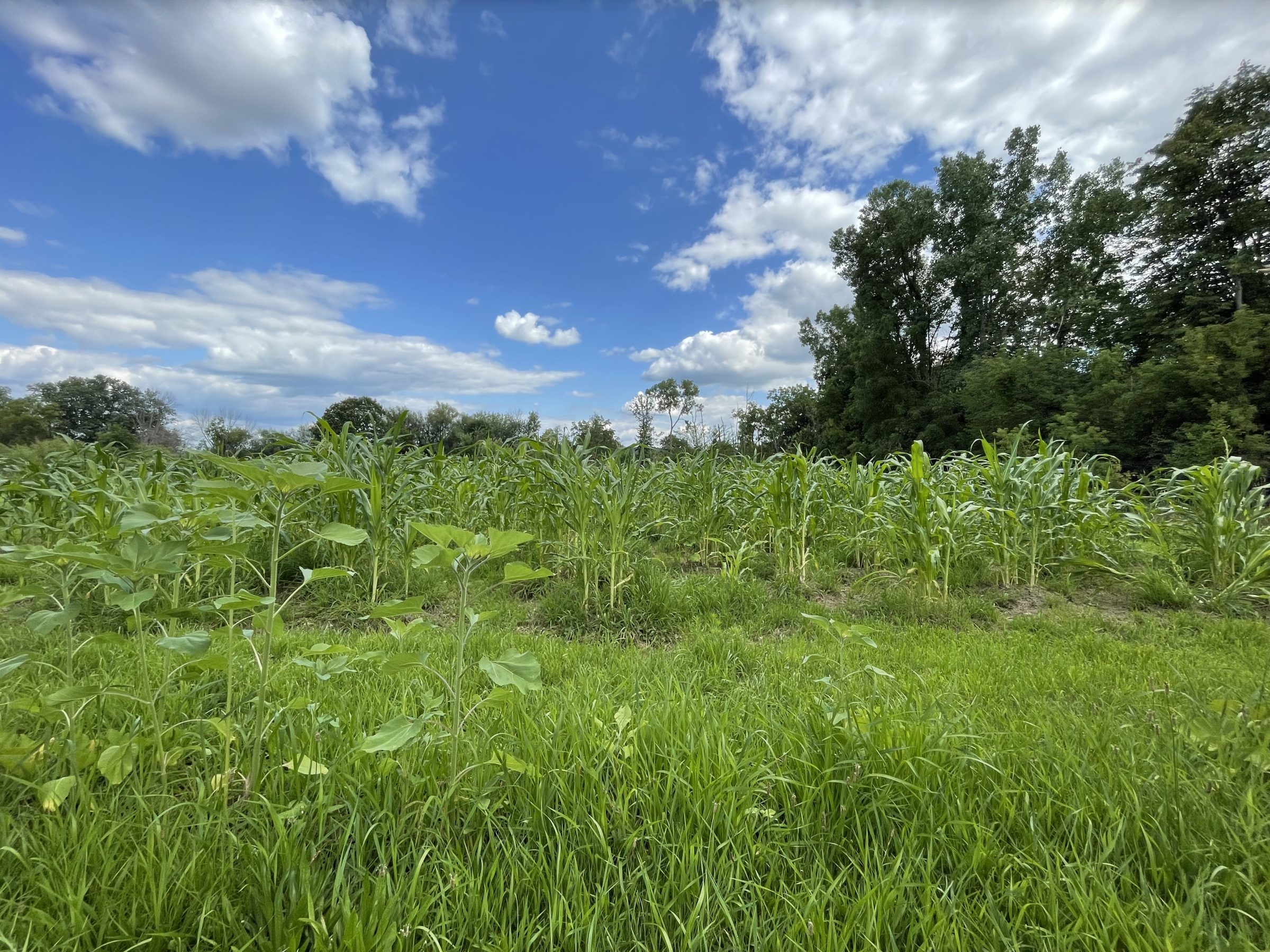
Indigenous Food Systems Resilience
Connecting Cultural Values and Indigenous Research
What We Do
The Indigenous Food Systems Resilience project is a partnership between the University of Wisconsin–Madison and Tribal Nations and organizations in Wisconsin that supports Tribal producers, land managers, and communities in their food sovereignty work in four key areas. The project areas include Indigenous crops and livestock, Manoomin (wild rice) research and restoration, nutrition and community food systems, and maple sugaring.
Our team of 39 people collaborates with 9 Tribal partners and organizations representing all 11 Federally recognized Tribes in Wisconsin, 14 UW and Extension units or departments, and supports 3-4 undergraduate and graduate students per year.
This project is funded by a four-year grant (2023–2026) from the Wisconsin Rural Partnerships Institute at the University of Wisconsin–Madison and through the United States Department of Agriculture (USDA) National Institute of Food and Agriculture (NIFA).
Project News
Indigenous-led research examines the health of restored Manoomin in the St. Louis River Estuary
Indigenous Food Systems Resilience Project
February 4, 2026
Intertribal Maple Syrup Tubing Workshop strengthens food sovereignty at Bad River
Indigenous Food Systems Resilience Project
February 4, 2026
Intertribal Harvest Gathering connects participants with Indigenous food systems
Indigenous Food Systems Resilience Project
December 5, 2025
Partnerships in Action
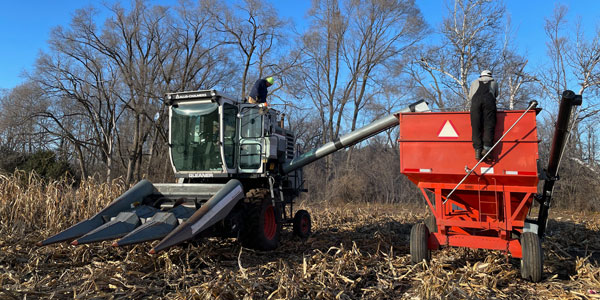
Indigenous Crops and Livestock
Together, we are developing ways to scale up and mechanize Indigenous corn production to meet demand, building Tribal capacity, and investigating collaboratively defined regenerative agricultural research questions.
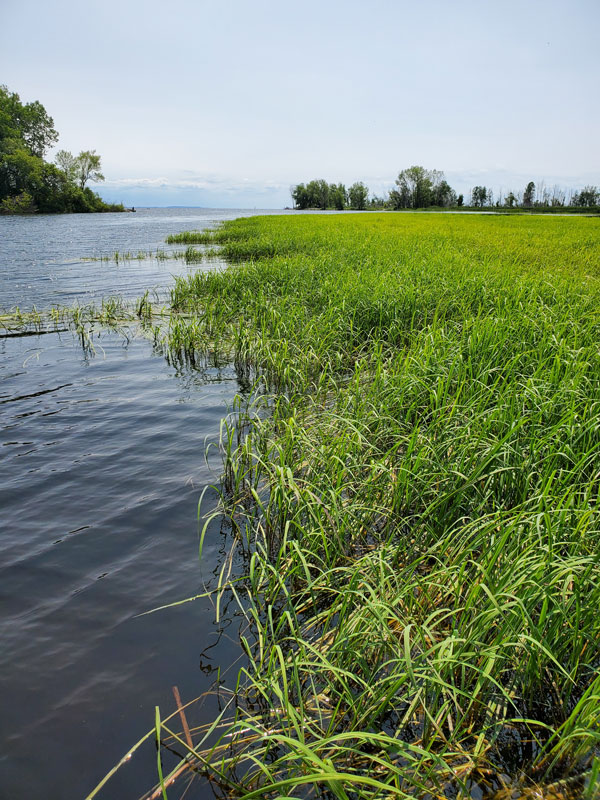
Wild Rice Restoration and Research
We are leveraging existing partnerships with Tribal Nations and organizations to support Manoomin restoration, research, and outreach across Wisconsin.
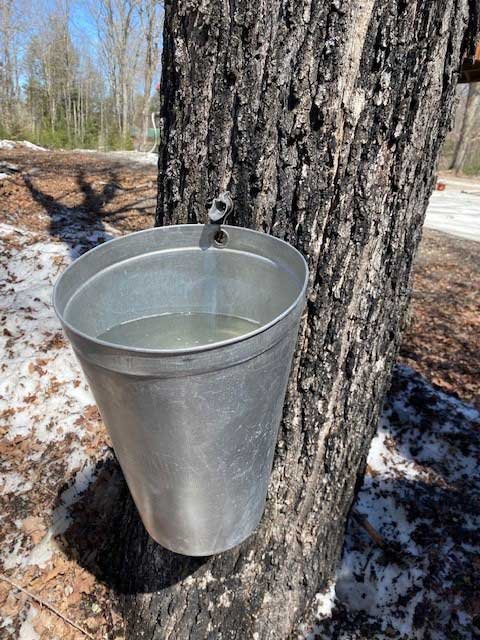
Maple Sugaring and Production
We are working to build capacity of Tribal maple syrup and sugar producers through shared learning opportunities, including webinars, trainings, and events. We are expanding the Extension-coordinated Tribal Maple Sugaring Network to facilitate knowledge sharing and storytelling among Tribal producers.
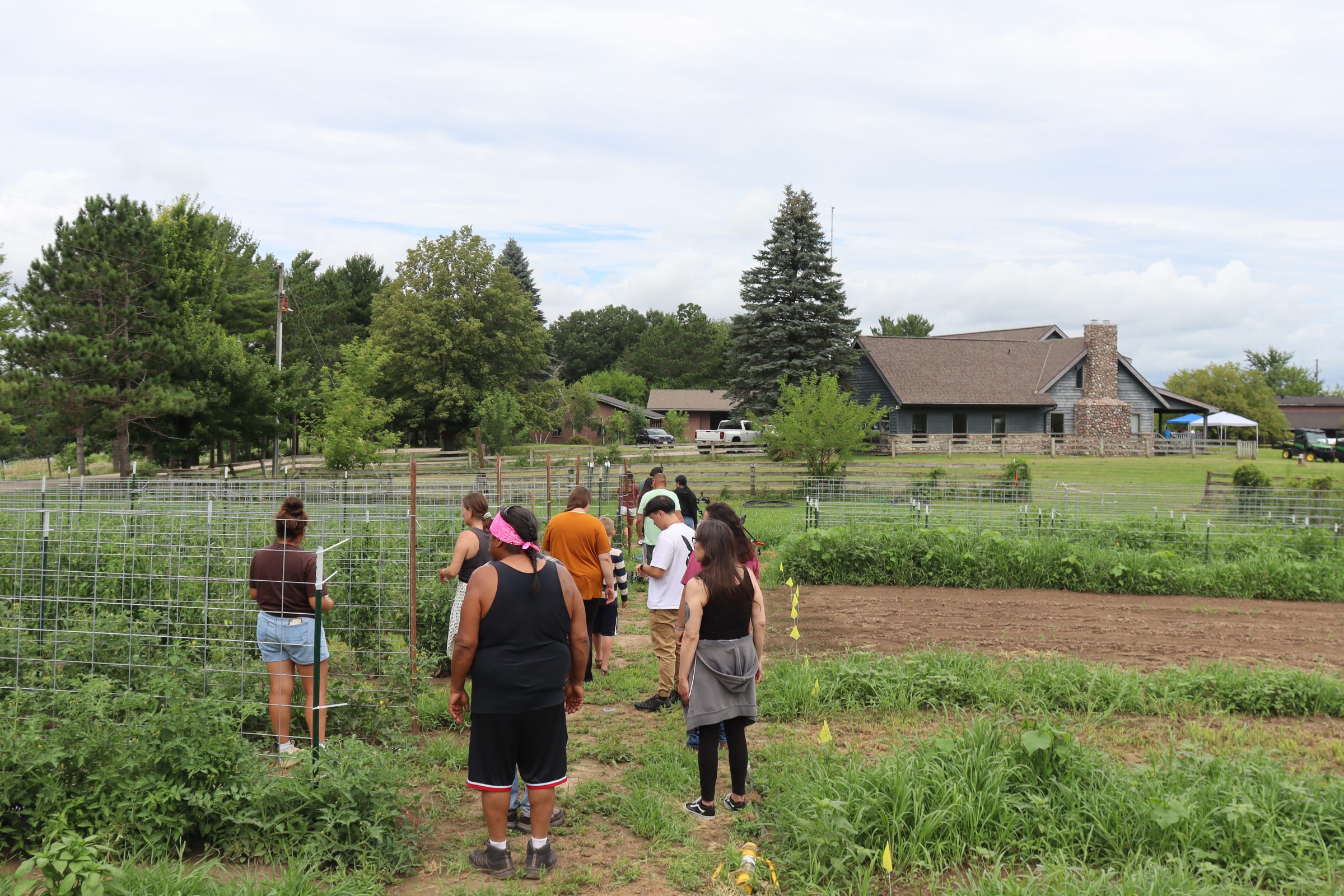
Nutrition and Community Food Systems
We are working to improve federal nutrition program alignment with Tribal food sovereignty efforts and develop more robust career pathways in Indigenous food sovereignty.
Videos Highlighting Our Work
Supporting Capacity Building
Learn about some of our project partners, including the Great Lakes Intertribal Food Coalition, the Wisconsin Tribal Conservation Advisory Council, and the Ho-Chunk Nation Department of Agriculture, and how we are working together to build Tribal and intertribal capacity for food sovereignty.
Building Effective Partnerships
Hear from our Tribal partners on ways to build reciprocal and respectful University – Tribal partnerships and the benefits of long-term partnerships for Tribes in Wisconsin, Tribal producers, Tribal organizations, and the University of Wisconsin.
Great Lakes Indigenous Producer Academy
Experience the 2024 Great Lakes Indigenous Food Producer Academy organized and hosted by the Great Lakes Intertribal Food Coalition, Wisconsin Tribal Conservation Advisory Council, Menominee Department of Agriculture and Food Systems, and Forest County Potawatomi Bodwéwadmi Ktëgan Farm.
Understanding the Health of Restored Manoomin
Learn about the Manoomin Team’s work with partners to evaluate the health of restored manoomin in the St. Louis River Estuary. Watch the full video to learn about the collaborative research and preliminary results showing the manoomin is healthy!
The USDA NIFA-funded Institute for Rural Partnerships housed at UW–Madison, Auburn University and the University of Vermont, collaborates with community-based initiatives and local research, educational institutions and subject matter experts.




